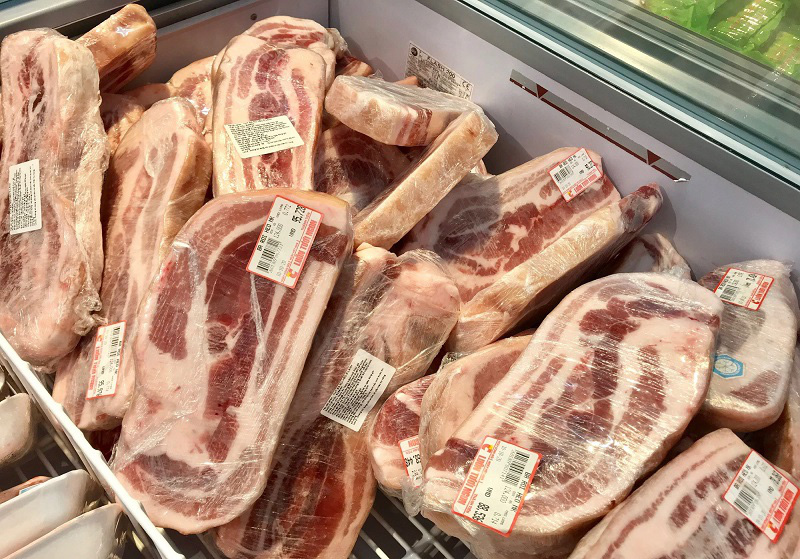
Without Salmonella testing, a large amount (over 1,319 tons) of animal meat contaminated with Salmonella would have been imported into Vietnam - Illustrative photo
On October 2, the Ministry of Agriculture and Rural Development said that after more than 4 months of tightening regulations on quarantine of imported animals and animal products, the ministry discovered 55 shipments contaminated with Salmonella out of a total of 6,679 imported meat shipments sampled for Salmonella testing.
Although accounting for only 1% of total shipments, if Salmonella testing is not performed, a large amount (over 1,319 tons) of animal meat contaminated with Salmonella will be imported into Vietnam, posing a very high risk of causing epidemics, food insecurity, and affecting the health of Vietnamese consumers.
This is the result of implementing Circular No. 04-2024 of the Ministry amending and supplementing a number of articles of circulars regulating the quarantine of terrestrial animals and animal products, effective from May 16 (abbreviated as Circular 04-2024).
Regarding concerns that Circular 04-2024 makes it difficult to import meat into Vietnam, the Ministry of Agriculture and Rural Development said that the Department of Animal Health had held meetings with agricultural counselors and officials from the embassies of Australia, New Zealand, the UK, and Canada. These countries all confirmed that there were no major problems.
However, some agricultural counselors from the US, Australia, Brazil, Singapore, France, South Korea, Italy, Spain, Argentina, Denmark, the Netherlands, etc. expressed concern about the issuance of Circular No. 04, which makes it difficult for countries to import meat, and requested to discuss and clarify regulations on quarantine of animals and terrestrial animal products.
In response to this request, on June 27, the Vietnam SPS Office held a meeting with the US side at the WTO headquarters, and invited the Director of the Department of Animal Health, Department of International Cooperation (to attend the online meeting) to discuss and answer questions from the US side. The Department of Animal Health affirmed that the issuance of the circular complied with the provisions of international law and did not cause difficulties for import enterprises in the recent past.
Within 1 month after the circular took effect (May 16 to June 15), countries exported nearly 60,000 tons of meat and meat products to Vietnam, equivalent to the same period in 2023 and equivalent to April 2024.
Thus, up to now, the implementation of Circular No. 04-2024 has not affected the quantity of animal products from countries exporting to Vietnam.
In the first 7 months of 2024, Vietnam imported over 450,000 tons of meat and animal by-products for food use, an increase of 6.4% over the same period in 2023.
Of which, India is the largest exporter of meat products (meat and edible by-products of buffalo) to Vietnam with a quantity of over 102,000 tons. Next is the US with a quantity of over 53,000 tons. Russia is the third country, with over 47,000 tons.
Before Circular 04-2024 is issued and takes effect, domestic livestock associations send to the Prime Minister, the Chairman of the National Assembly and 7 relevant ministries to strictly control imported goods, similar to regulations on quarantine of animals, domestic livestock products, and protection of animal health and consumers.
CJ Group in Vietnam also recommended that the Prime Minister continue to pay close attention and direct relevant agencies to use many preventive measures to minimize the import of livestock products into Vietnam and issue technical barriers in trade defense, limiting the import of unwanted food and livestock products into Vietnam.
How do countries control Salmonella?
According to the Ministry of Agriculture and Rural Development, the regulations of other countries when Vietnam exports meat, eggs, and milk are very strict.
- EU regulations on Salmonella and E.coli indicators, according to which the EU stipulates that there must be no Salmonella spp in 25g of meat; total E.coli must not exceed 102 to 5,102 depending on the type of product.
- The UK requires Vietnam to have a national program to monitor Salmonella spp for processed chicken products being negotiated for export to this country.
- Korea also has similar requirements for Salmonella spp. control.
- Japan, Hong Kong (China), the Russian Federation and the Eurasian Economic Union have requested Vietnam to organize the control of Salmonella spp when negotiating and exporting cooked chicken to the markets of these countries.
- China requires monitoring and testing for Salmonella spp when exporting milk to this market.
- Singapore stipulates that there is no pathogenic serotype of Salmonella (Enteritidis; Pullorum...) in 25g and no pathogenic serotype of E.coli group O (such as O157) in 25g of beef.
Source: https://tuoitre.vn/phat-hien-1-319-tan-thit-nhiem-salmonella-truoc-khi-nhap-khau-vao-viet-nam-20241002164001049.htm









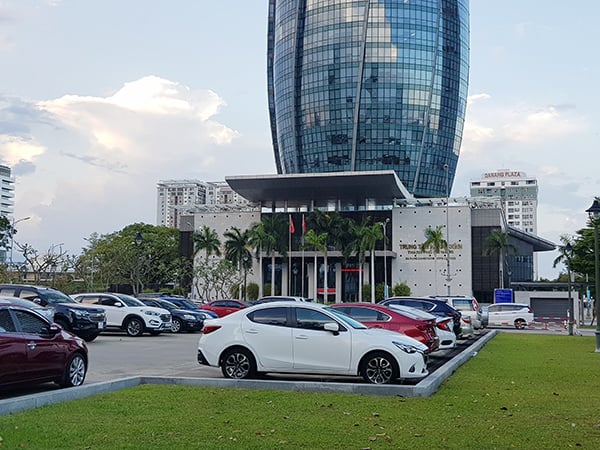

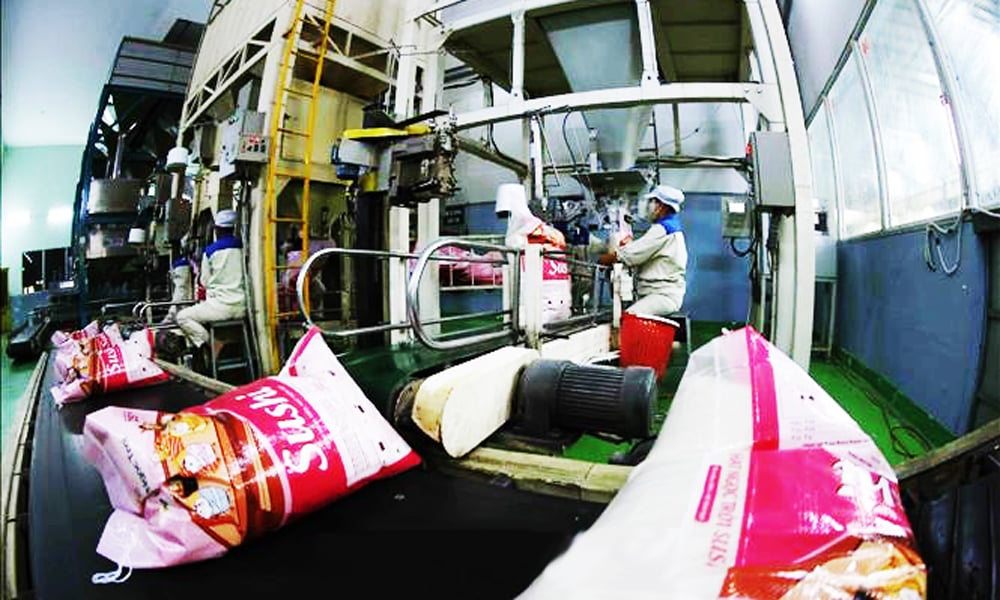







![[Photo] Prime Minister Pham Minh Chinh chairs the conference to review the 2024-2025 school year and deploy tasks for the 2025-2026 school year.](https://vstatic.vietnam.vn/vietnam/resource/IMAGE/2025/8/22/2ca5ed79ce6a46a1ac7706a42cefafae)

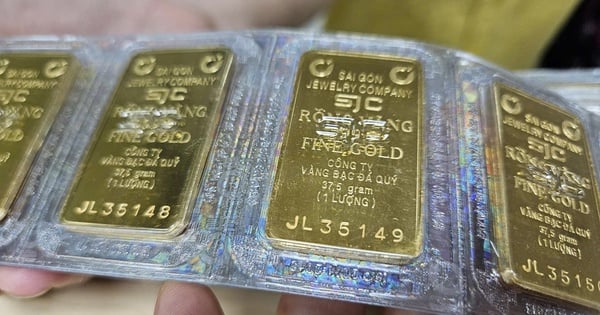

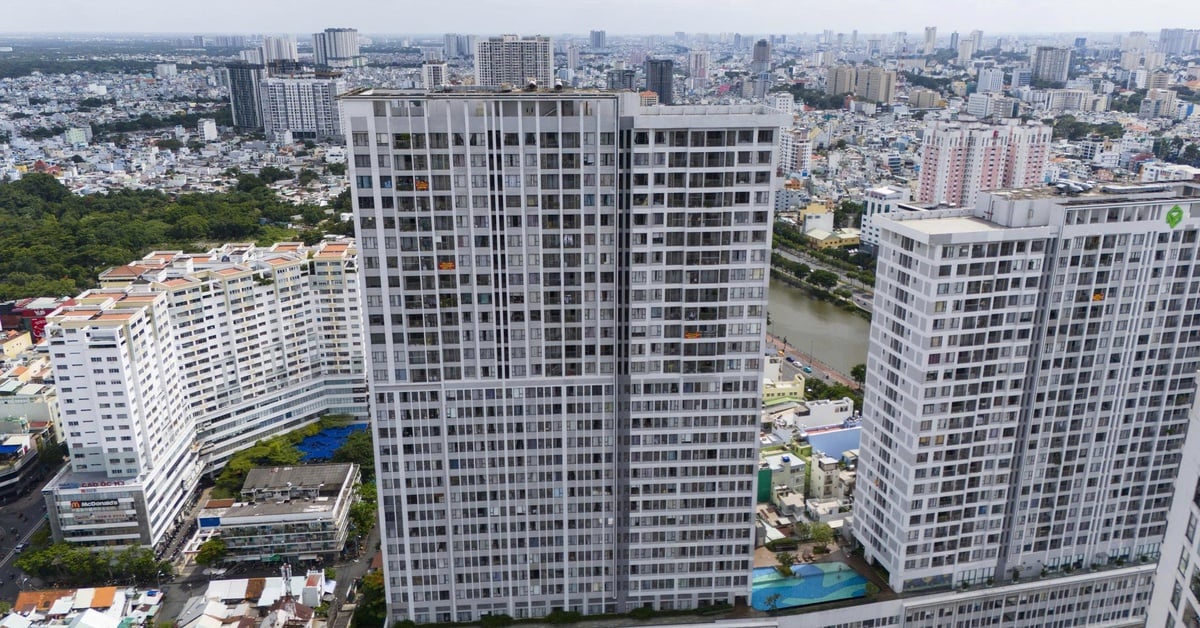


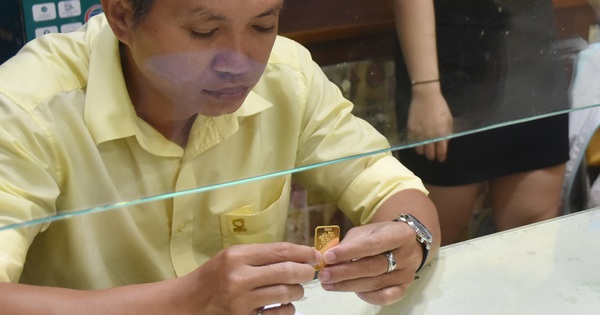





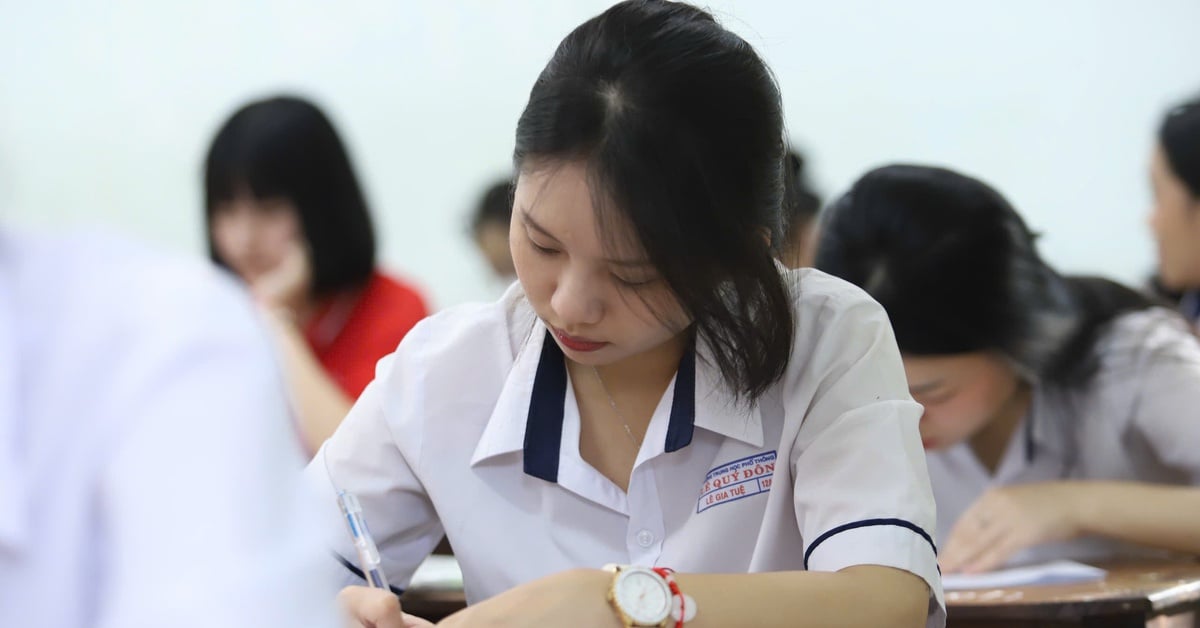
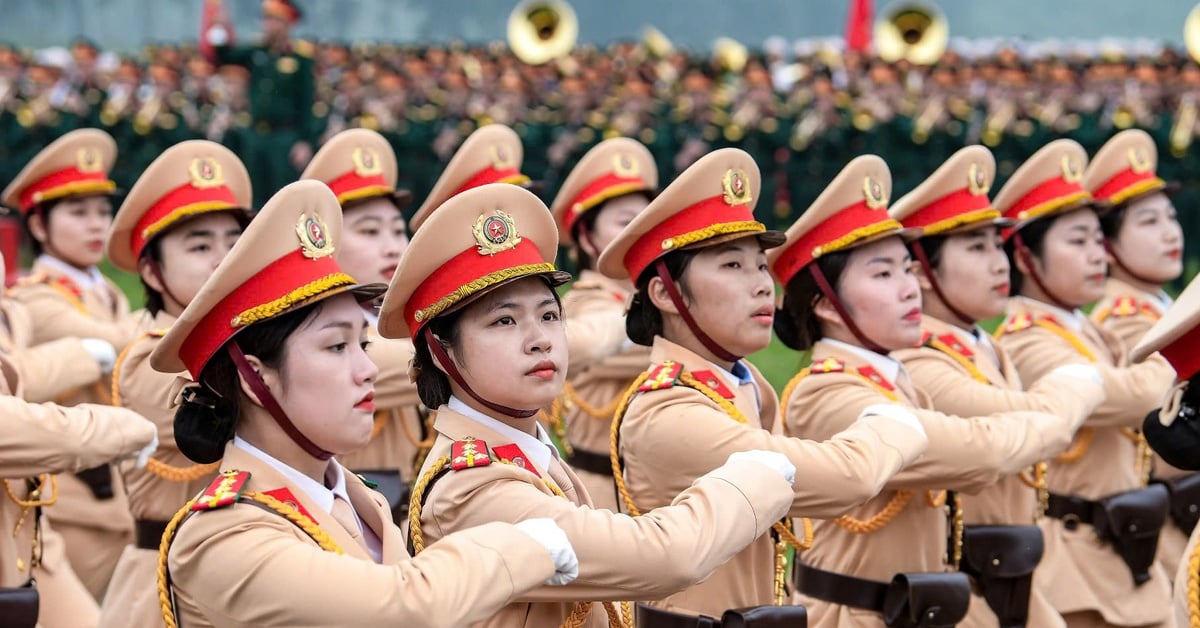




![[Photo] President Luong Cuong attends special political-artistic television show "Golden Opportunity"](https://vstatic.vietnam.vn/vietnam/resource/IMAGE/2025/8/22/44ca13c28fa7476796f9aa3618ff74c4)































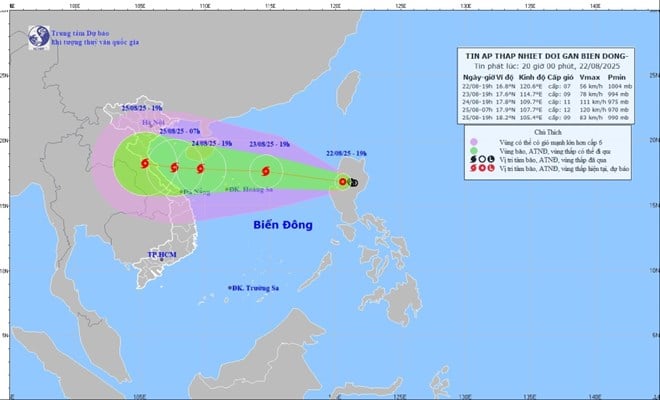

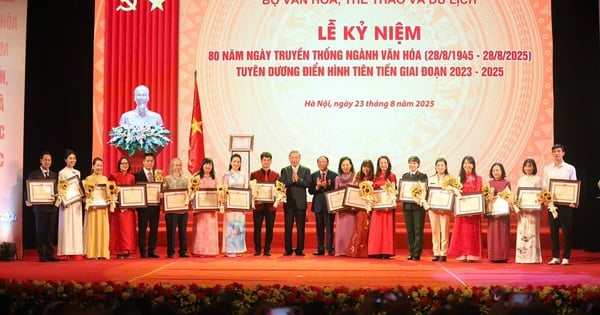

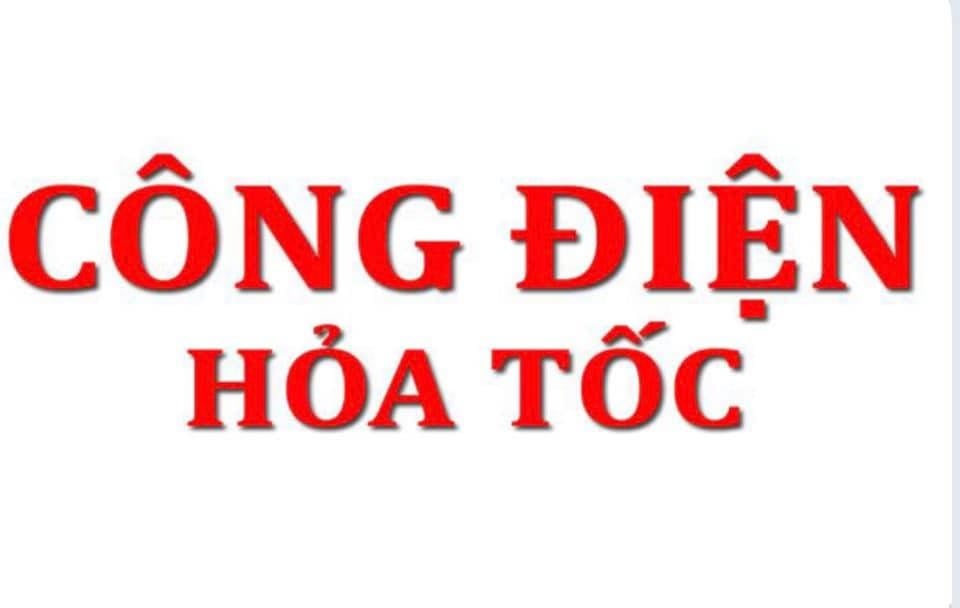

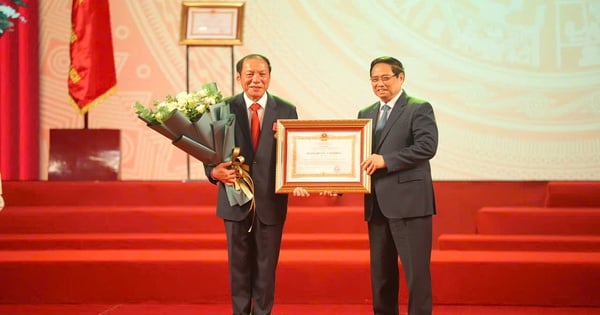





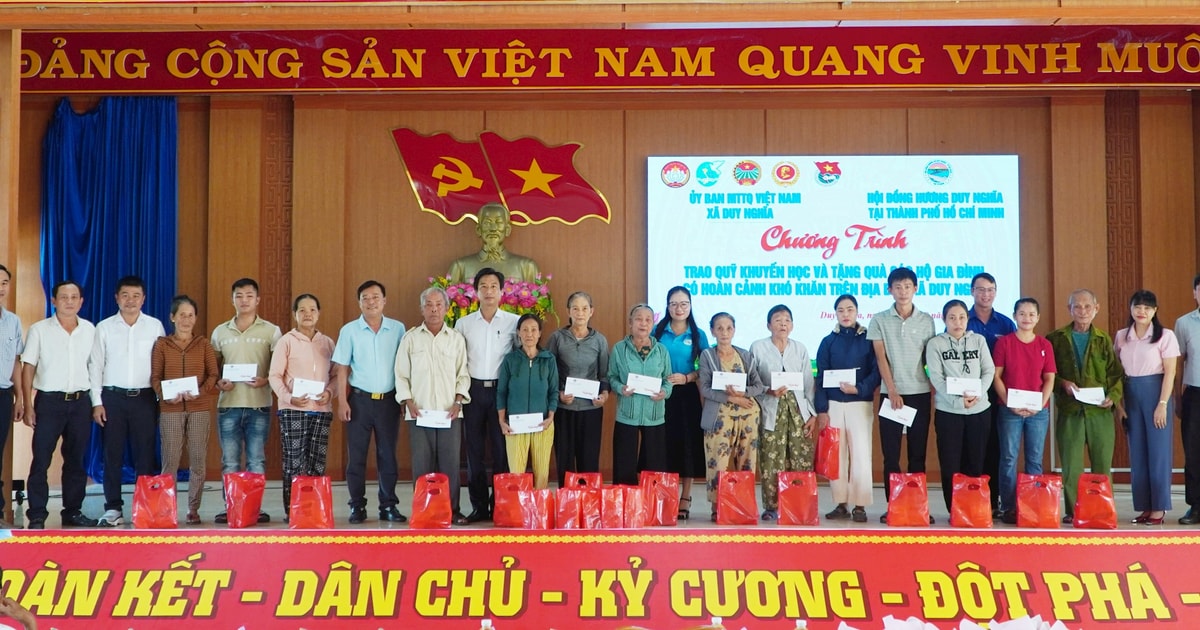

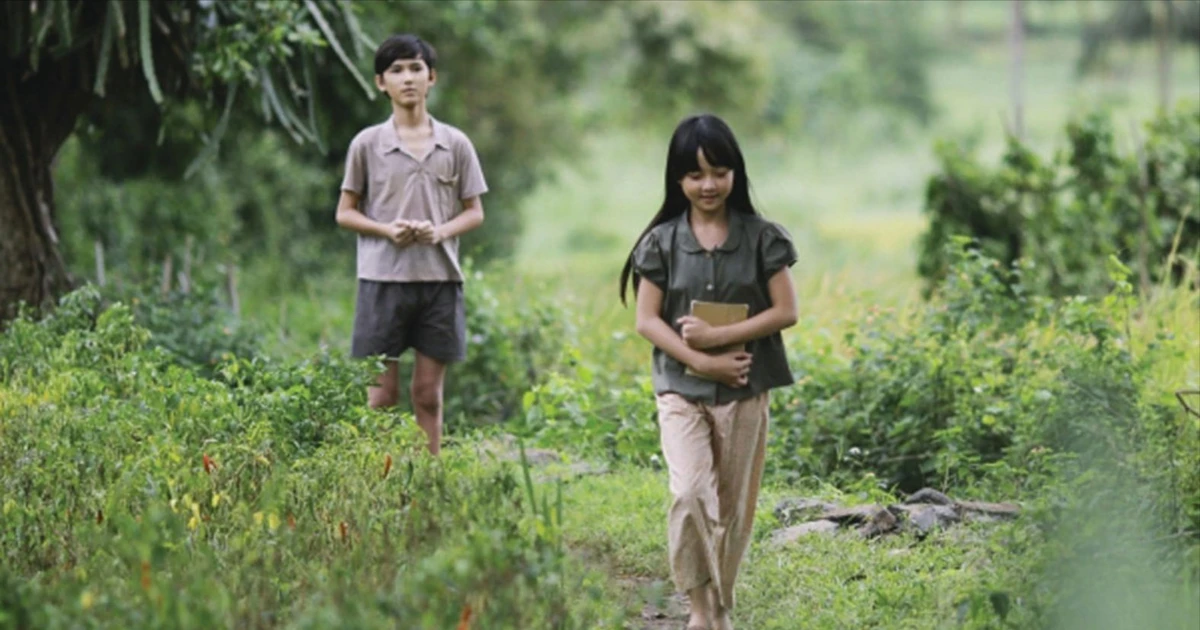

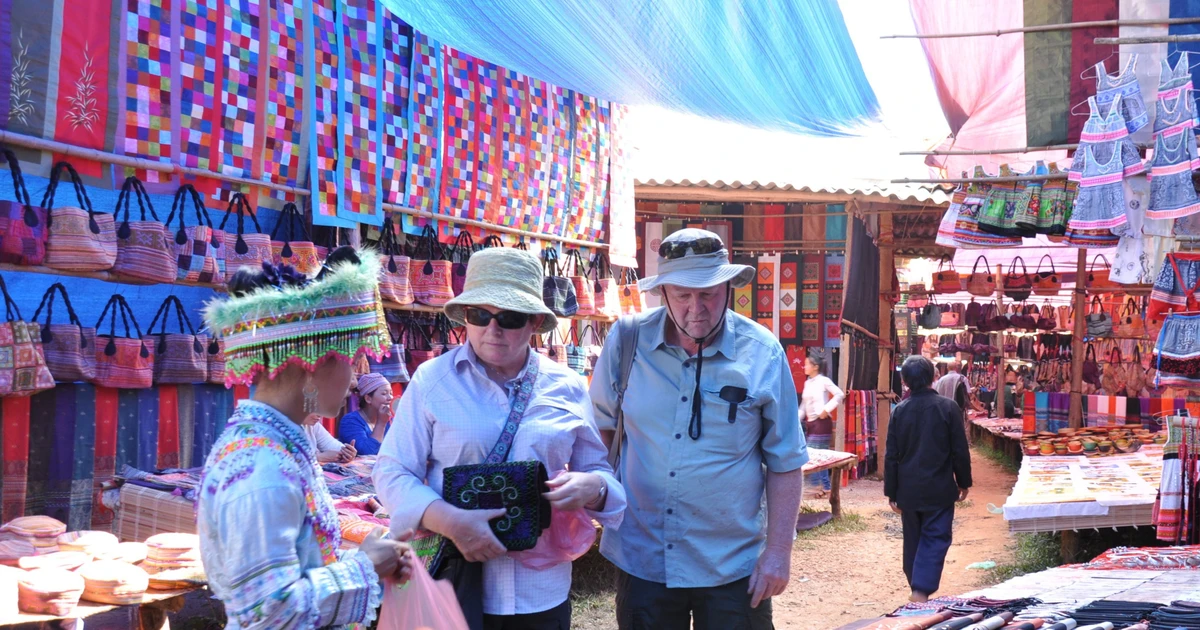


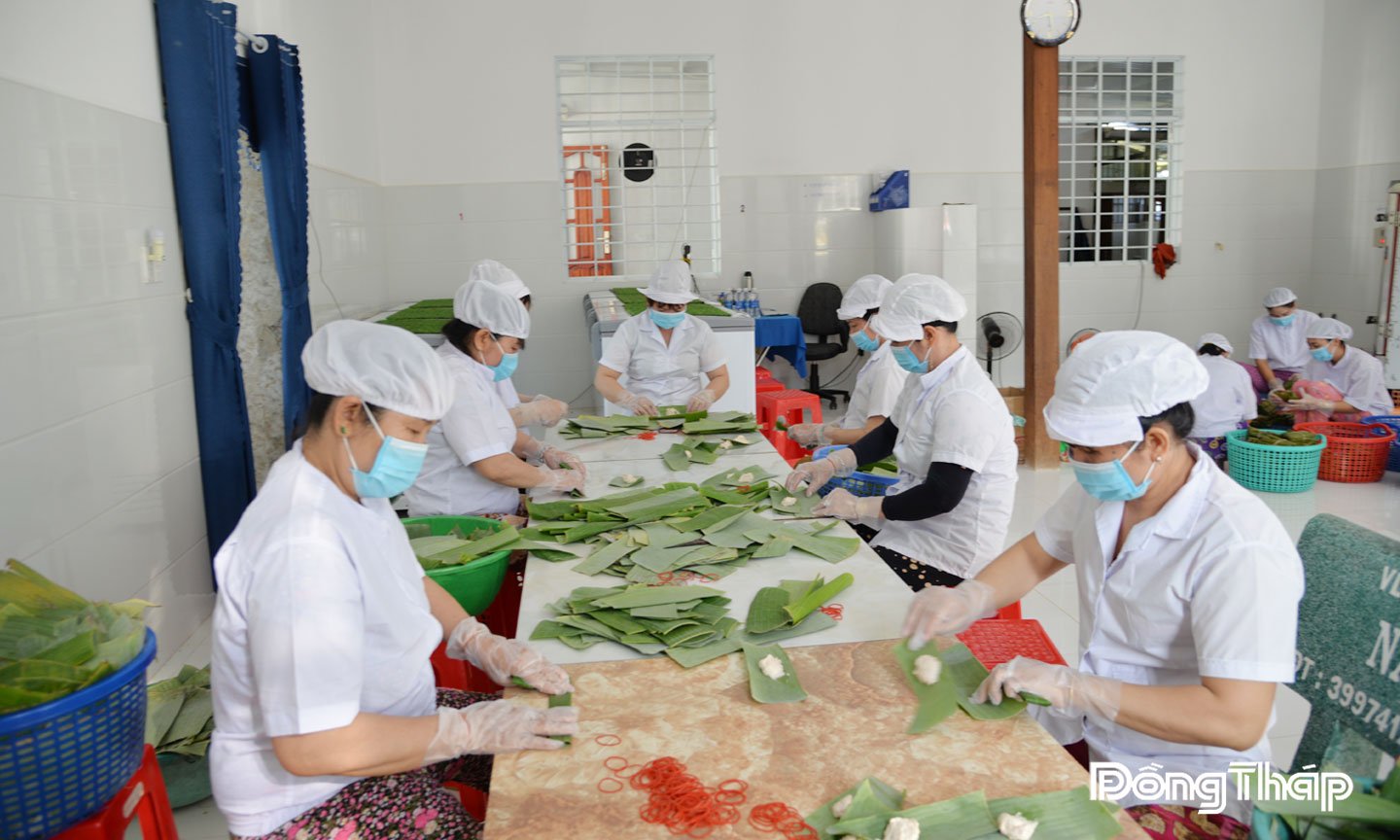






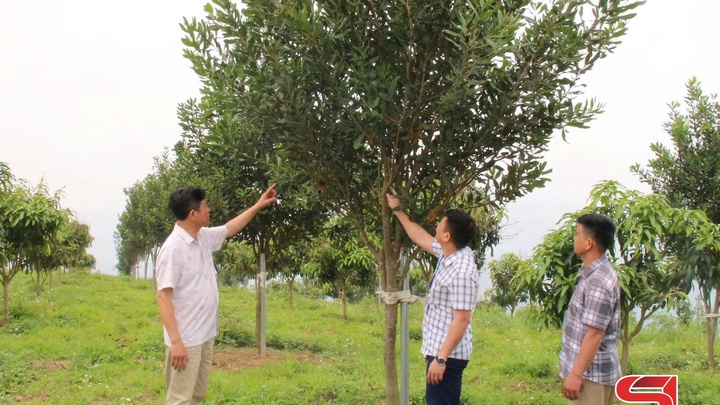









Comment (0)